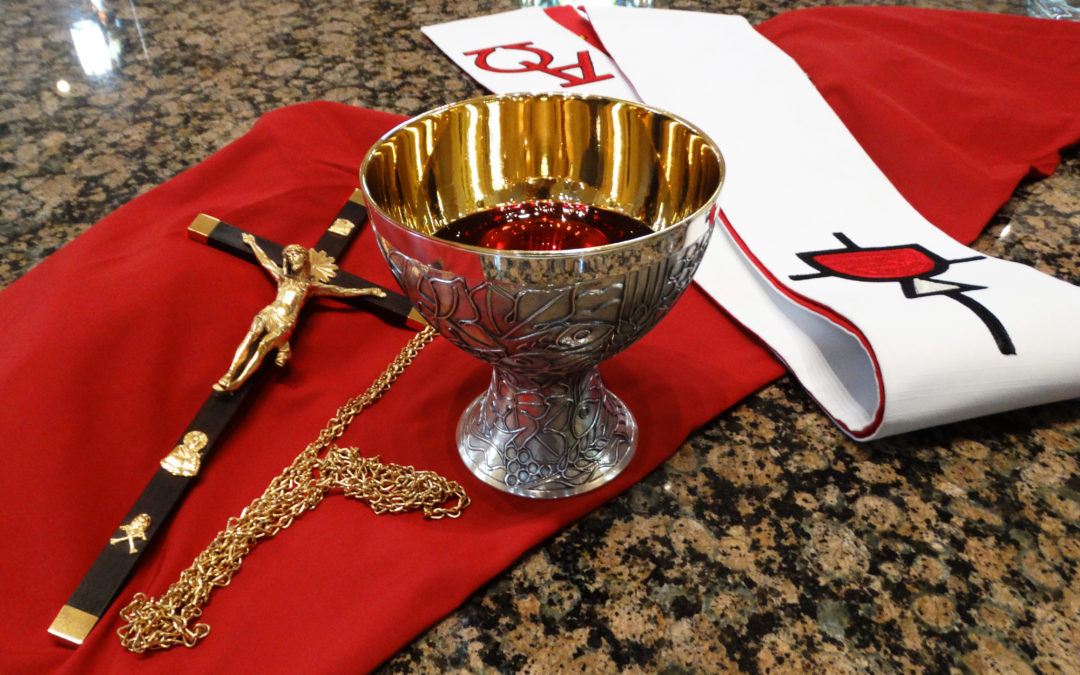Our North American culture, particularly in the United States, prides itself on the “self-made” individual. Phrases such as, “I’ve got to do it my way,” “I don’t really care what others think, I have to be me,” are often heard in conversations. Posts on various social media often reflect this attitude as well. Our culture seems to reward uniqueness and independence.
Yet this is very different from the ancient near east in which Jesus lived. The bonds of family and community were essential for people to thrive. In sort of a nod to that attitude, Mark in his Gospel has Jesus posing the question to his disciples, “who do people say that I am?” The answers reflect what other people said, and what they thought of Jesus. But Peter breaks ranks and says, “You are the Christ [the Anointed, the Messiah].” This move from assumptions that Jesus was John the Baptist, Elijah or one of the prophets was a bold move for Peter, clearly inspired by God.
However, we know the expectations about the Messiah at that time were more of a social or political liberator who was to free Israel from Roman rule. Again, Jesus defies expectations in his response as he notes the Son of Man must be rejected, suffer and die. The idea of suffering and the cross was hard for the disciples to understand, judging from human standards. Jesus rebukes Peter because he was not thinking as God. The use of the term Son of Man, rather than the Christ, is significant. Jesus harkens back to the term that appears in the Book of Daniel, which many scholars suggest meant be the best of what it means to be human.
True messiahship involves the cross and all share in that cross because we live in Christ. Messiahship and discipleship are intimately connected with suffering and death. When some see the poor, and are tempted to dismiss human suffering with, “Go in peace, keep warm and eat well,” we don’t really see them as brothers and sisters. When we spout pious platitudes, make the cross warm and cuddly, make suffering nice or even pretty, we succumb to the temptation to think as people think, and not as God thinks. St. James echoes this thought in his letter as he makes that connection between faith and works.
Today we are challenged to think as God thinks, not we as individuals. And that is clearly a challenge that we need God’s grace, which is why we gather to be nourished by God’s Word and Sacrament.


